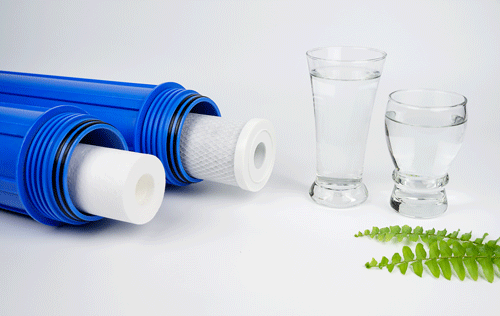 Do you know the seven major phenomena of reverse osmosis membranes?
Do you know the seven major phenomena of reverse osmosis membranes?
Aug .22.2024
Reverse osmosis is a water treatment process that developed rapidly in the 1960s. At present, it has been used in urban water, boiler feed water, power plant boiler feed water, industrial wastewater, seawater desalination, and solute separation in various solutions. The working principle of the reverse osmosis membrane is to use pressure as a driving force to separate the solvent from the solution. It has good applications in food, electronics, medicine, printing and dyeing and other industries. In the long-term use process, some problems are inevitable. How are some of the "phenomena" that appear in the application of reverse osmosis membranes formed?
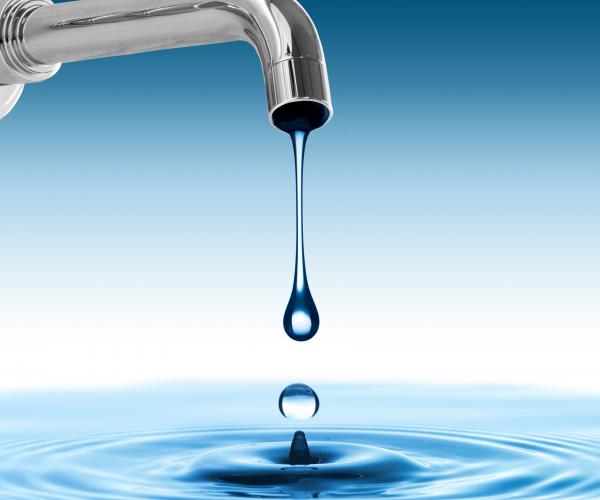 When buying a water purifier for the first time, you should know these things!
When buying a water purifier for the first time, you should know these things!
Aug .21.2024
Water purifiers are becoming more and more common nowadays. Many people want to buy water purifiers but don’t know where to start. If they buy without any advice, they will be easily overwhelmed by a lot of technical terms used by the salesperson. Today, I will tell you what these terms mean and how to “pick” the RO reverse osmosis water purifier that suits you best! Let’s read on.
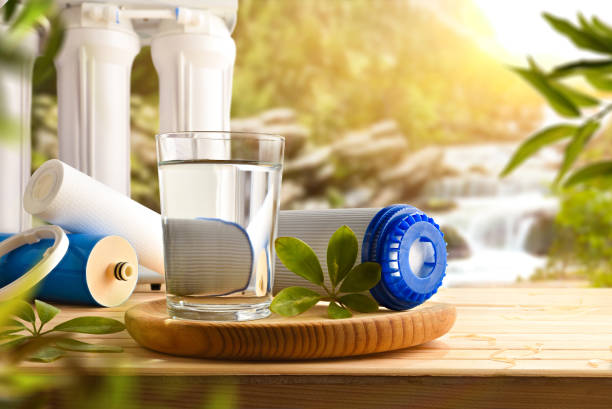 Water purifier filter cartridges' analysis and recommendations
Water purifier filter cartridges' analysis and recommendations
Aug .19.2024
Water purifier filter element analysis and recommendations
In the current market, there are many types of water purifiers, with prices ranging from a few hundred yuan to several thousand yuan. For ordinary families, how to choose a water purifier that is both economical and affordable and can effectively filter pollutants in the water has become a key issue. In this article, Susan will help you understand several common water purifier filter technologies and their pros and cons, and focus on analyzing the cost performance of low-priced water purifiers to help you make a wise choice.
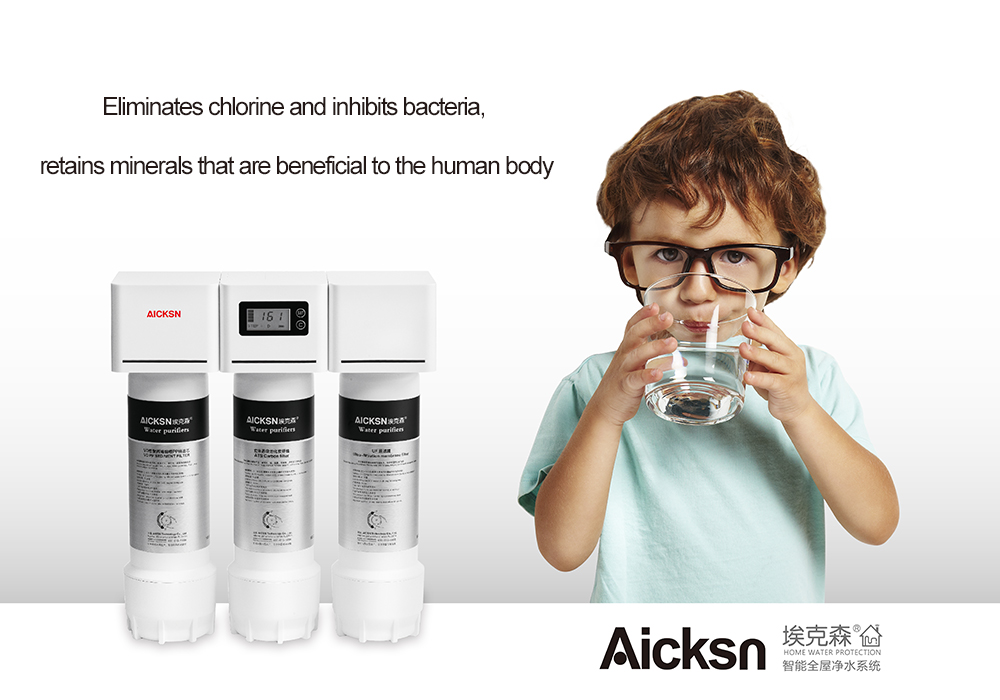
 Do you know the seven major phenomena of reverse osmosis membranes?
Do you know the seven major phenomena of reverse osmosis membranes?
 When buying a water purifier for the first time, you should know these things!
When buying a water purifier for the first time, you should know these things!
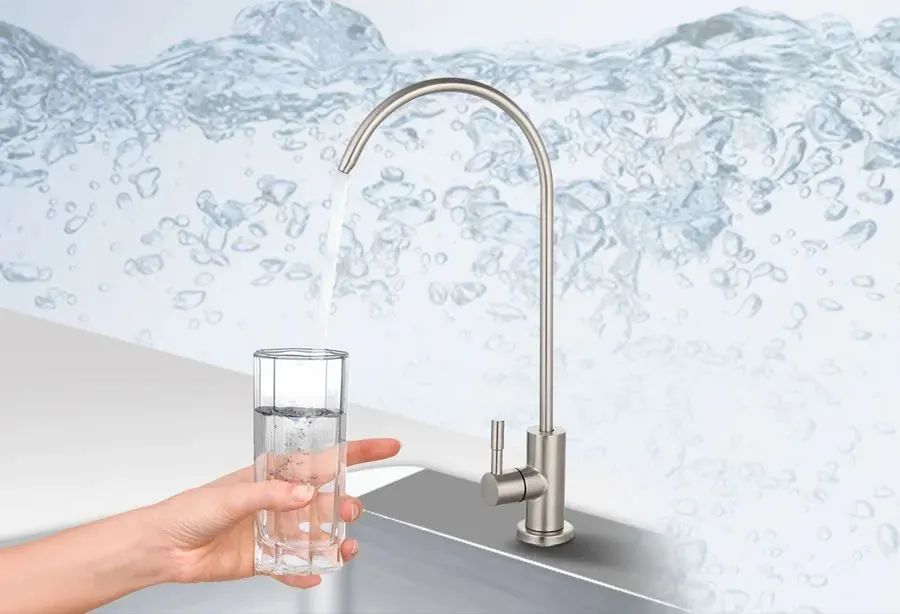 Water purifier - the first line of defense for healthy drinking water, common water quality standards after filtration by water purifiers
Water purifier - the first line of defense for healthy drinking water, common water quality standards after filtration by water purifiers
 Water purifier filter cartridges' analysis and recommendations
Water purifier filter cartridges' analysis and recommendations